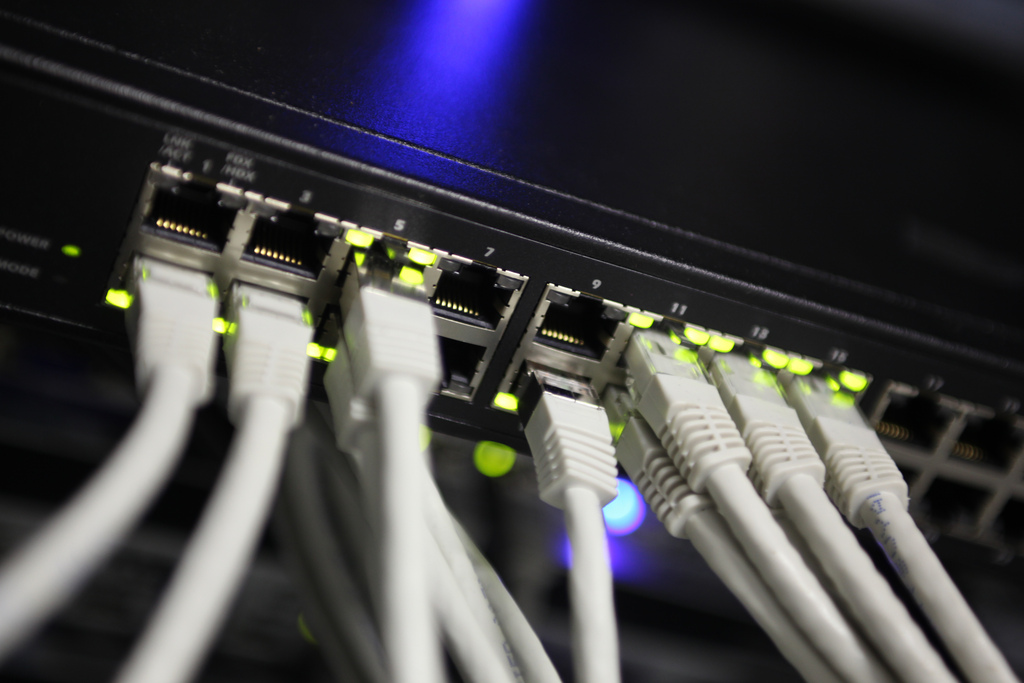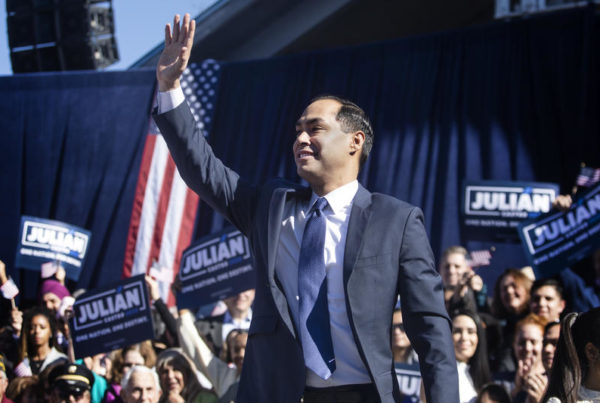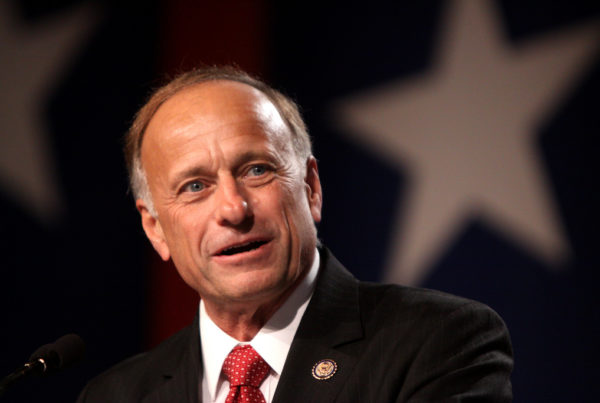Fiber: it’s not just what’s for breakfast anymore. Now, it also means a super-fast connection to the internet. In fact, a lack of fiber can be fatal when it comes to a particular city or town competing for business. Author Susan Crawford argues in her new book, “Fiber: The Coming Tech Revolution – and Why America Might Miss It,” that not upgrading internet technology and speed on a local level is doing real harm to the nation.
Crawford says fiber-based connectivity will change everything, from how fast we can access the internet to the way health care is delivered and where we’re able to work and live. But cable companies and other private providers of internet access have not invested in fiber.
“The comparison between fiber and a regular internet connection is something like the comparison between a 15-mile-wide river and a little dribble of water,” Crawford says. “And what that makes possible for health care is eye contact, a feeling of human presence, being able to visit the doctor from wherever you are.”
Even when your phone and a tiny receiver near your home are able to bring you a fast 5G connection, Crawford says cities and towns will need fiber to reach the wider internet at top speeds.
“You can’t have those very high-capacity wireless connections without having fiber everywhere, connecting to those little cells that are carrying 5G,” Crawford says. “Saying that we could have wireless without fiber is like saying you could have an airplane without an airport, and that tsunami of data coming from that high-speed wireless connection has to land on a fiber node to be carried to the rest of the internet.
Fiber connectivity is rare across the nation, and in Texas. Google Fiber is available to around one-third of Austin, but the company isn’t planning to expand that network. And like most other Texas cities, Austin hasn’t stepped up to build a public fiber network. A few smaller cities, including Lampasas, Taylor and New Braunfels, and a coalition of East Texas governments, have been studying or planning how to bring fiber to their communities. Crawford’s book details how Chittagong, Tennessee, Wilson, North Carolina and other communities have built fiber networks. They’ve experienced benefits to their education and health-care delivery systems but have also faced pushback from cable companies who don’t want competition from public networks.
“Just a couple of years ago, a court said any town in Texas that has what’s called ‘home rule authority’ – that can make rules for itself without asking permission from the state – has the authority to put in a fiber network … and sell service to residents,” Crawford says. “That applies to any big city, too.”
Fiber networks today can be compared to electrification efforts in the early part of the 20th century. Like electricity, fiber provides a backbone upon which commercial services can be built.
“You can think of this like a street grid,” Crawford says. “The city doesn’t necessarily have to sell services itself, but it needs to make the basic fiber available to retail providers who can then get involved in selling services. Where there’s enough density and competition, I can imagine several providers of retail services emerging.”
Crawford says that leaving internet infrastructure to the private market has left people behind, and put the U.S. at a competitive disadvantage with countries that have built fiber networks.
“The entire country is getting bossed around by about five big companies: Comcast, Spectrum, AT&T, Verizon, CenturyLink,” Crawford says.
And, she says, the companies that control internet access have intentionally made their offerings confusing for customers and regulators. She says legislators are often “bought off” to protect the monopolies or near-monopolies of incumbent telecommunication providers. That protection often includes laws that prevent local governments from building their own networks.
Crawford says that in Texas, where AT&T is based, it’s unlikely that the state legislature would pass legislation to support fiber networks.
“What we need to give those state legislators is air cover – political cover – saying, absolutely there is a government role for involvement in communications. … This is not a partisan issue. This is about social justice and economic growth.”
Written by Shelly Brisbin.
















